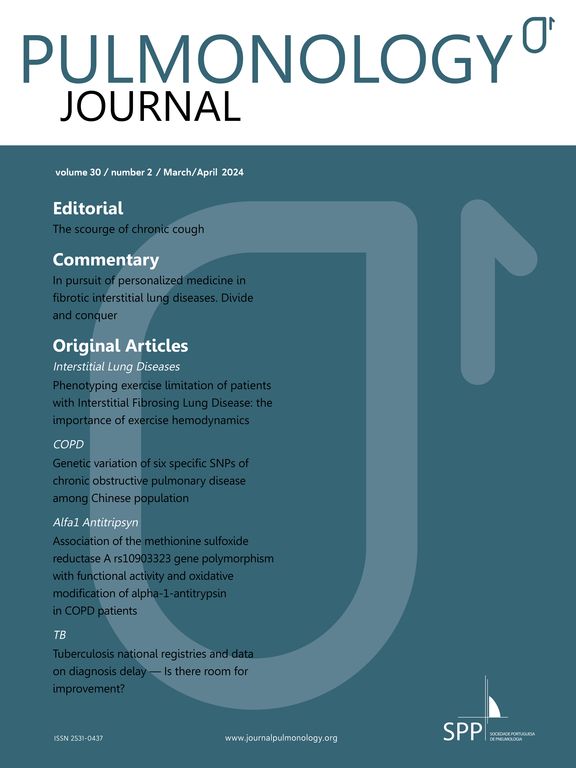A hipertensão arterial e a obstrução brônquica são doenças muito comuns na população, não sendo raro portanto que coexistam no mesmo indivíduo. È fundamental tratar cada uma delas sem agravar a outra. No que respeita ao tratamento anti-hipertensor existem de facto medicamentos que agravam ou causam obstrução brônquica pelo que devem ser usados com precauções acrescidas ou ser contra-indicados.
Consideramos neste trabalho que na obstrução brônquica os anti-hipertensores indicados são os antagonistas do cálcio, os antagonistas serotoninérgicos, os diuréticos e os antagonistas alfa-1-adrenérgicos. Os anti-hipertensores contra-indicados são os antagonistas beta-adrenérgicos. Os anti-hipertensores a usar com precauções acrescidas são os inibidores do enzima de conversão da angiotensina e os agonistas alfa-2-adrenérgicos.
Arterial hypertension and bronchial obstruction are very commun diseases in the population, it is indeed not rare that both conditions exist in the same person. It is fundamental to treat each one of them without aggravating the other. Concerning the treatment of hypertension there are in fact drugs that aggravate or cause bronchial obstruction and should be used with great precaution or even be contra-indicated.
In this paper considering bronchial obstruction the indicated anti-hypertensive drugs are calcium channel blockers. serotonin antagonists, diuretics and the alpha 1 antagonist drugs. The contra-indicated anti-hypertensive drugs are the beta blockers. The anti-hypertensive drugs to be used with great precaution are the angiotensin-converting enzyme inhibitors and alpha 2 agoinst drugs.
- Home
- All contents
- Publish your article
- About the journal
- Metrics
- Open access






